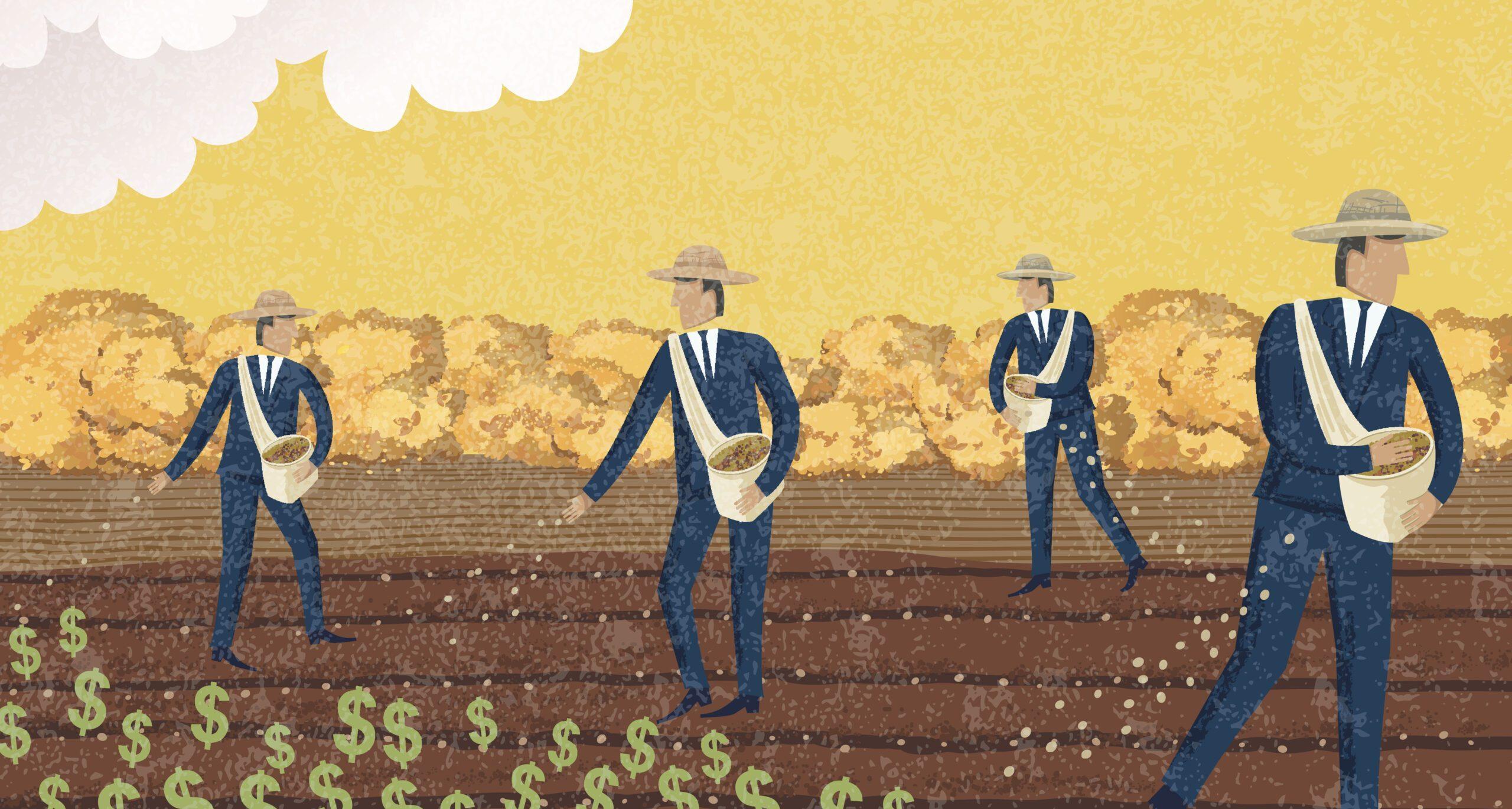The Pros and Cons of Investing in Commodity ETFs

Investing in commodity exchange-traded funds (ETFs) can be a great way to diversify your portfolio and potentially increase your returns. However, there are also some potential drawbacks to consider before making this investment. In this article, we will explore the pros and cons of investing in commodity ETFs, so you can make an informed decision.
Pros of Investing in Commodity ETFs
- Diversification: One of the biggest benefits of investing in commodity ETFs is that they provide a way to diversify your portfolio. By investing in a variety of commodities, such as gold, silver, oil, or agricultural products, you can reduce your risk and potentially increase your returns.
- Access to a Wide Range of Commodities: Commodity ETFs give you access to a wide range of commodities, which can be beneficial for investors who want to invest in a variety of assets. This can help you to diversify your portfolio and potentially increase your returns.
- Low Cost: Commodity ETFs are often considered to be low-cost investments, as they have relatively low fees compared to other types of investments. This can make them a good option for investors who are looking to invest in a variety of assets without breaking the bank.
- Tax-Efficient: Commodity ETFs are often considered to be tax-efficient investments, as they are subject to the same tax rules as other types of investments. This can make them a good option for investors who want to minimize their tax burden.
Cons of Investing in Commodity ETFs
- Volatility: One of the biggest drawbacks of investing in commodity ETFs is that they can be highly volatile. This means that the value of the ETF can fluctuate rapidly, which can make it difficult to predict the future performance of the investment.
- Limited Liquidity: Commodity ETFs can also be limited in terms of liquidity, which means that it may be difficult to sell your investment at a fair price. This can make it difficult to exit the investment if you need to.
- High Fees: While commodity ETFs are often considered to be low-cost investments, they can still have high fees. This can make them a less attractive option for investors who are looking for low-cost investments.
- Limited Transparency: Commodity ETFs can also be limited in terms of transparency, as it can be difficult to understand the underlying assets that make up the ETF. This can make it difficult to understand the potential risks and rewards of the investment.
Conclusion
Investing in commodity ETFs can be a great way to diversify your portfolio and potentially increase your returns. However, there are also some potential drawbacks to consider before making this investment. While commodity ETFs can be a low-cost, tax-efficient investment, they can also be highly volatile and limited in terms of liquidity and transparency. It's important to carefully consider the pros and cons of investing in commodity ETFs before making this investment, and to do your research to ensure that you fully understand the potential risks and rewards of the investment.
pros and cons of investing in commodity ETFsinformed decision when investing in commodity ETFsdiversification benefits of investing in commodity ETFsaccess to a wide range of commodities benefits of investing in commodity ETFslow cost benefits of investing in commodity ETFstax-efficient benefits of investing in commodity ETFsvolatility drawbacks of investing in commodity ETFslimited liquidity drawbacks of investing in commodity ETFshigh fees drawbacks of investing in commodity ETFslimited transparency drawbacks of investing in commodity ETFs





